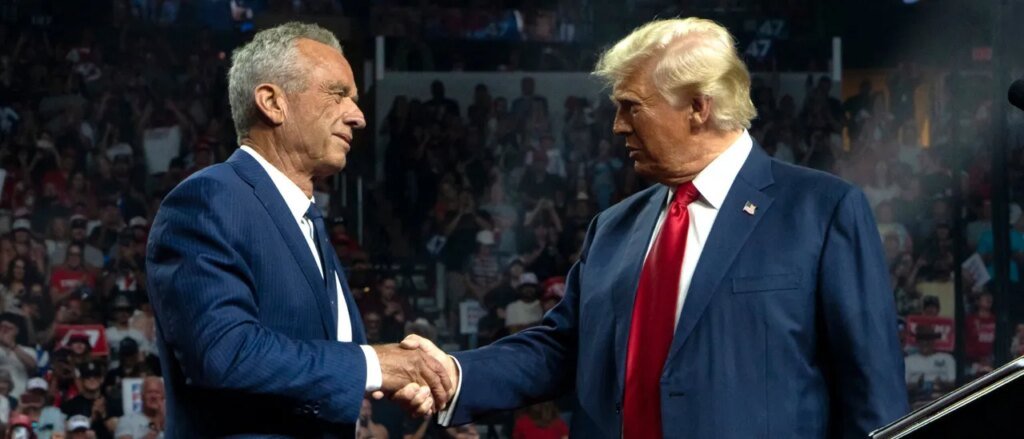Addressing Autism: New Initiatives Announced
It’s truly heart-wrenching to see families grapple with a child impacted by severe autism. President Donald Trump has shared his deep empathy for mothers facing this challenging experience. During a press conference on September 22, he highlighted new approaches aimed at uncovering both the origins and treatments for autism in the United States. Who could really argue against that?
Declaring a War on Autism
Mainstream media was quick to question the administration’s intentions, even before the announcement was made. They largely ignored the proposed guidance suggesting pregnant women should steer clear of acetaminophen, the active component in Tylenol. Some reports have criticized the Department of Health and Human Services (HHS) for making Leucovorin more accessible, which has shown potential in easing autism symptoms.
Yet, the president’s heartfelt concern went beyond these medications. This felt like a declaration—a fight against autism and a recognition of the federal government’s past shortcomings in addressing it.
Without pausing, some media outlets began to criticize the president’s statement. Here are a few examples:
- AP: “Trump promotes an unproven relationship between Tylenol, vaccines, and autism without new evidence.”
- BBC: “Trump is urging pregnant women to avoid Tylenol via unproven autism links.”
- Newsweek: “What did Trump say about autism in children? And is that actually true?”
Outlining the Strategy
Secretary of HHS Robert F. Kennedy Jr. detailed that leucovorin would be made more widely available, and products containing acetaminophen would carry warnings about potential risks to pregnant women. He criticized research that has fixated on genetic causes of autism without considering environmental factors. It’s like trying to identify the genetic causes of lung cancer while ignoring cigarettes.
Secretary Kennedy committed to transparency, announcing that 13 research teams would investigate the alarming rise in autism among American children. He also emphasized the importance of listening to mothers of affected children, instead of dismissing their concerns as previous administrations have done.
“Many mothers—around 40 to 70%—believe their children may have been harmed by vaccines. President Trump thinks it’s vital to hear these voices rather than dismiss or alienate them,” he remarked.
Looking Beyond Tylenol
There seems to be a solid basis for caution regarding acetaminophen, as it’s crucial to inform expectant mothers about potential risks. Following Secretary Kennedy’s remarks, FDA Commissioner Dr. Marty McCurry referenced insights from the Harvard School of Public Health.
Efforts to promote transparent research into rising autism rates should ideally receive bipartisan support. However, some media and political groups push back against such initiatives. This isn’t merely about vaccine skepticism; it hints at a broader, ongoing misunderstanding.
Kennedy and his team are examining the possibility that environmental toxins play a significant role in autism. They’re advocating for more research, though some detractors seem opposed to these straightforward scientific inquiries.
Critics of President Trump and Secretary Kennedy, along with those who have suffered alongside their children, overlook the profound impact of autism. Kids facing daily struggles often find it tough to communicate effectively. Initiatives by the left-leaning press aimed at undermining this new research appear unsympathetic. After years of upheaval surrounding this complex issue, the Trump administration is attempting to spotlight research that has yet to be widely published. It’s a moment where there’s hope of gaining clarity on what might be causing this heartbreaking situation.







